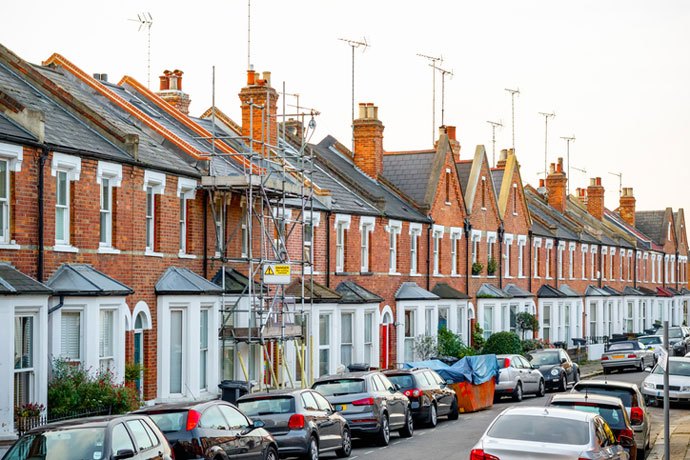
As a driver, it’s easy to feel a sense of entitlement over the road space outside one’s home, but what value should be placed upon it?
Southsea council has this week introduced resident parking charges based on the number of cars in a household. Residents in the zones have to pay £30 for one car, £100 for a second permit and £590 for a third.
Parking is such a politically toxic issue that it is rarely dealt with creatively. The Southsea sliding scale solution may be more ambitious than most, but with its hours of operation limited to two hours, constitutes a form of curfew parking. Given that nobody has a right to park on the public highway, a sensible approach might be to base parking permit fees on an extrapolation of the hourly rate charged by local roadside meters (with a 90 per cent discount for residents). Furthermore, the permits could be based on the length of vehicle concerned. After all, why should a Smart car that can be parked perpendicular to the pavement and thereby occupy only 1.6 metres pay as much as an Audi Q7 that takes up 5 metres?

Contrary to popular belief, motorists do not have a right to park on the public highway
The pressure on parking space is most acute in large cities, even though these areas house the highest proportion of people without access to a car. In common with other boroughs in London, Islington is blighted by dangerous air pollution from traffic. In response, the council decided to charge residents to park based on the emissions of their car. For example, it costs nothing to park an electric car, £78 for a the permit to park a Range Rover Evoque eD4 (130g/km CO2) and almost £500 per year to park the biggest gas guzzlers.
While everyone acknowledges that parking space is finite, as with traffic congestion, many drivers believe the problem is caused by others.
Barnet council lost an appeal in 2013 brought by disgruntled residents who objected to the cost of their annual parking permits being increased to £100. However, the plaintiffs should thank their stars that their parking space is not charged on the basis of its land value.
If parking fees were based on land value, Barnet might feasibly multiply the average cost per square metre of housing by the area occupied by the average car (£6,668 x 11.52m2). This puts the value of a car parking space at over £75,000 – a sum which makes the £100 per annum permit to occupy it seem not only cheap, but over subsidised.

Many households do not have access to a car so why are parking spaces subsidised?
Elsewhere in the world, the problem has has forced local authorities to impose tough restrictions on car parking.
Japanese law requires motorists to prove they have access to a local parking space. To register a car, or when changing address, motorists need to obtain a parking space or garage certificate from local police. With the exception, of ‘kei’ cars (tiny city cars similar to the two-seater Smart car available in Britain) if you don’t have access to a car parking space or garage of your own, you are unable to register a car. To reinforce this legislation, overnight on-street parking is outlawed in many areas. Metered car parking spaces may be free to use in the evening, but at 3am any cars that remain are towed away by police.

An insurance company like no other
Not only are we Britain’s most ethical insurance company, we campaign for sustainable transport. Sometimes that means protesting until a school gets the zebra crossing they’ve been refused, or running 60 roadshows this year to encourage people out of their cars, or fixing bicycles for free. Supporting this work is easy – you simply have to take out insurance with us. We provide home insurance, cycle insurance, travel insurance and breakdown cover – all while putting concern for the environment at the heart of all we do.


Tim
30 pounds per month? Year? It’s the focus of the article. You could include the detail.